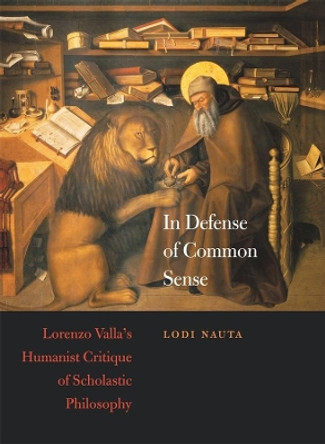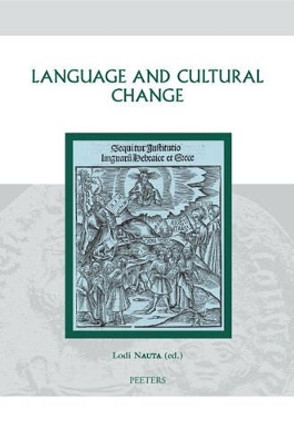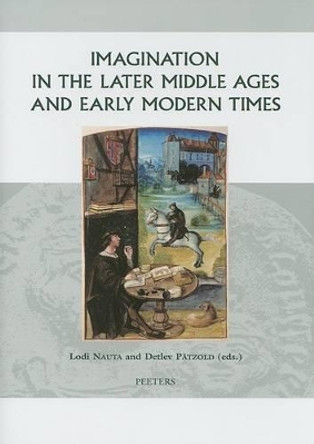Description
A comprehensive examination of the advantages and disadvantages of philosophical jargon, examining its origins in early modern philosophy.
About the Author
Lodi Nauta is Professor of Philosophy at the University of Groningen. He is author and editor of several monographs and essay collections, including the award-winning In Defense of Common Sense: Lorenzo Valla's Humanist Critique of Scholastic Philosophy (2009), and has written numerous journal articles and book chapters on medieval and early modern philosophy. He was a recipient of the Spinoza Award in 2016.
Reviews
'Nauta is among the most distinguished historians of philosophy today. His study breaks new ground by concentrating on a vital issue in the early modern rivalry between humanism and scholasticism which still has great resonance in modern academe: the advantages and disadvantages that accrue to philosophy, or any professionalized study, from employing a special technical vocabulary to discuss philosophical problems.' James Hankins, Harvard University
'This book is a great and inspiring tour d'horizon into philosophical reflection on the use of language - and, consequently, on linguistic practice - from the emergence of Renaissance humanism to major thinkers such as Hobbes and Locke . The author invites us into his novel and fascinating story of the genesis of Renaissance and Early Modern (and even contemporary) philosophy.' Jan Papy, Catholic University of Leuven
'Nauta is among the most distinguished historians of philosophy today. His study breaks new ground by concentrating on a vital issue in the early modern rivalry between humanism and scholasticism which still has great resonance in modern academe: the advantages and disadvantages that accrue to philosophy, or any professionalized study, from employing a special technical vocabulary to discuss philosophical problems.' James Hankins, Harvard University
'This book is a great and inspiring tour d'horizon into philosophical reflection on the use of language - and, consequently, on linguistic practice - from the emergence of Renaissance humanism to major thinkers such as Hobbes and Locke . The author invites us into his novel and fascinating story of the genesis of Renaissance and Early Modern (and even contemporary) philosophy.' Jan Papy, Catholic University of Leuven
Book Information
ISBN 9781108994118
Author Lodi Nauta
Format Paperback
Page Count 281
Imprint Cambridge University Press
Publisher Cambridge University Press
Weight(grams) 412g
Dimensions(mm) 229mm * 152mm * 15mm








